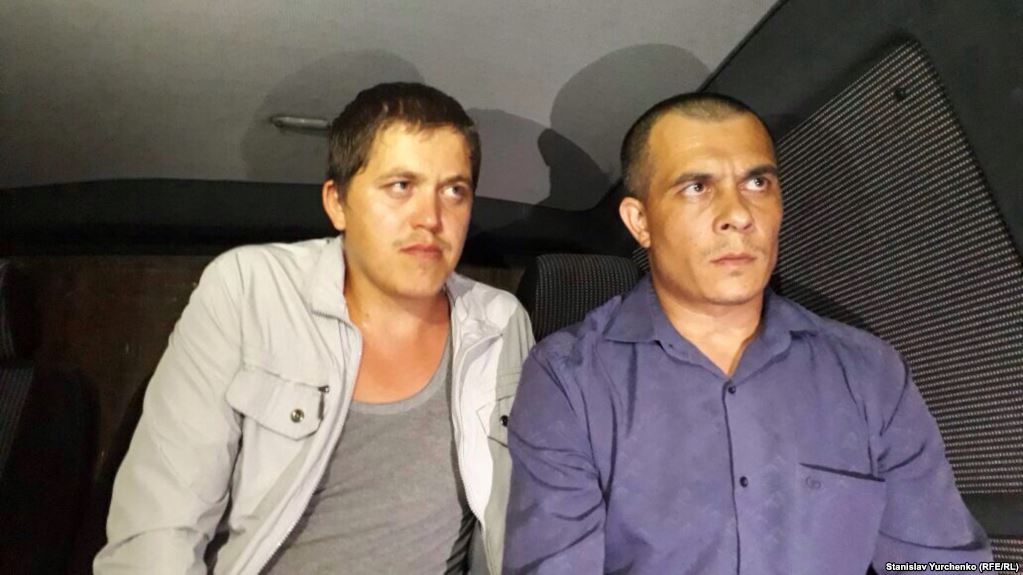If there is one thing that Western public opinion is sensitive to, it is lawlessness. This is why the trial of Savchenko has brought the issue of Russian aggression to the front pages of the world's newspapers again.
The trial of the Ukrainian pilot Nadiya Savchenko has not only demonstrated her inner strength, but it has also served as another reminder of what really attracts the attention of the international community. Frozen conflicts, sporadic firing on the line of demarcation, problems with annexed and occupied territories -- all this gets into the media only when the conflict flares up with renewed force.
There have been many similar conflicts over the past decades, and they continue to this day. If Ukrainians bring up the fact that our soldiers are dying every day on the line of demarcation, I simply advise them to check their own mass media for news coverage of the deaths of Azerbaijani and Armenian soldiers. And to ask themselves if this type of news would have interested them even for a moment. And what did they think at that moment? Was it not something on the order of "good, at least it's not war"?
Well Europeans are thinking along similar lines when they see news from the Donbas at the end of a news release or on the tenth page of the newspaper. And there is no military activity in Crimea. Attempts to understand the position taken by the mayor of Nice on the annexation of Crimea and the position of the mayor of Heidelberg on the same issue may be a topic for Ukrainian and local media, but it is of little interest to the general public.
But the one thing that Western public opinion is sensitive to is lawlessness. This is exactly why the trial of Savchenko -- largely thanks to the selfless efforts of Nadiya herself -- has brought the theme of Russian aggression back to the front pages of newspapers and to the headline news on TV. The trial of Nadiya has demonstrated the complete depravity of the Kremlin's attitude to justice and the hypocrisy and lies of the Russian leadership -- not only regarding Savchenko's personal guilt, but Russia's involvement in the Donbas as well.
This leads us to a very important conclusion: today the world may be more concerned about the lawlessness in Crimea than about the annexation of Crimea. The annexation has already taken place, and discussions on how to overcome it may take years. But it is what is happening today that is considered really important -- arrests of activists, charges pertaining to the period that even Russia authorities themselves consider as the period when Crimea was part of Ukraine, sentences for Crimeans who consider themselves citizens of Ukraine but who are declared citizens of Russia against their will.
It is no accident that the theme of solidarity with Oleh Sentsov has been one of the most important topics at international film forums. And now it is imperative that we not lose the initiative regarding the trials of Akhtem Chyihoz (for participating in a peaceful protest against the Russian invasion of Crimea -- Ed.) and other Crimean activists. We need to keep proving that this is disguised ethnic cleansing, followed by the next step -- the prohibition of the Mejlis of the Crimean Tatar people. That this medieval lawlessness is now the reality in the annexed Crimea. And only then will it become obvious for the world that no "historical justification" exists or has ever existed for Russia's right to Crimea, and that the peninsula is simply one more seized territory turned into a land of lawlessness.





